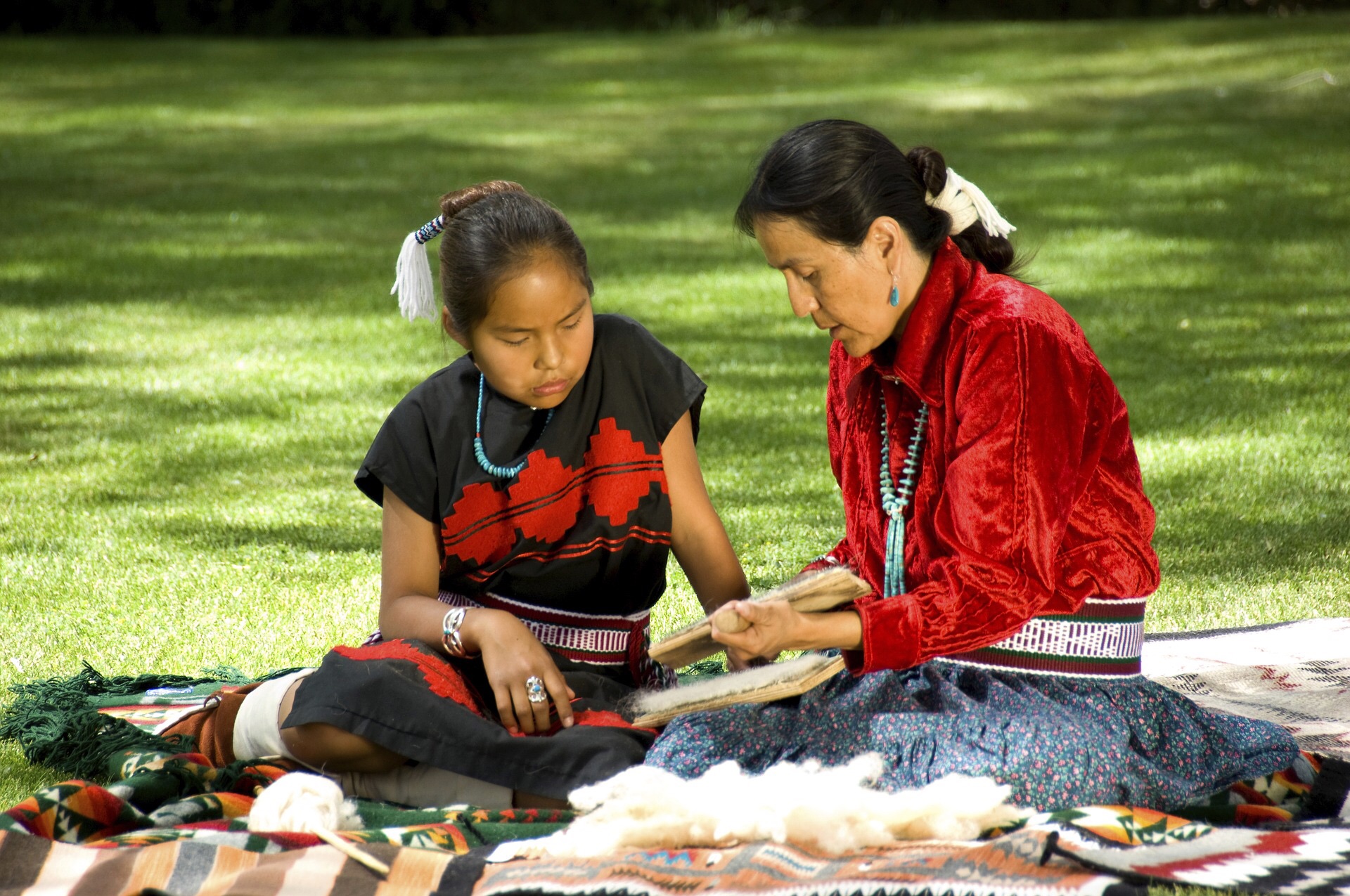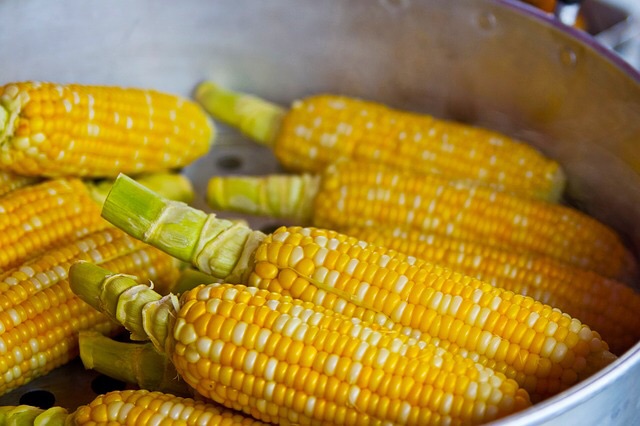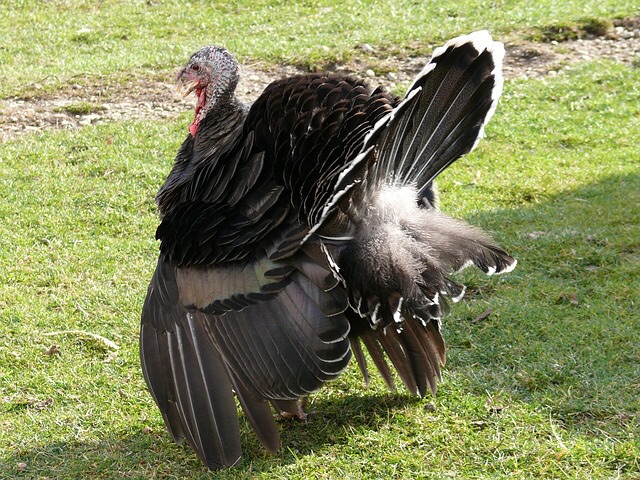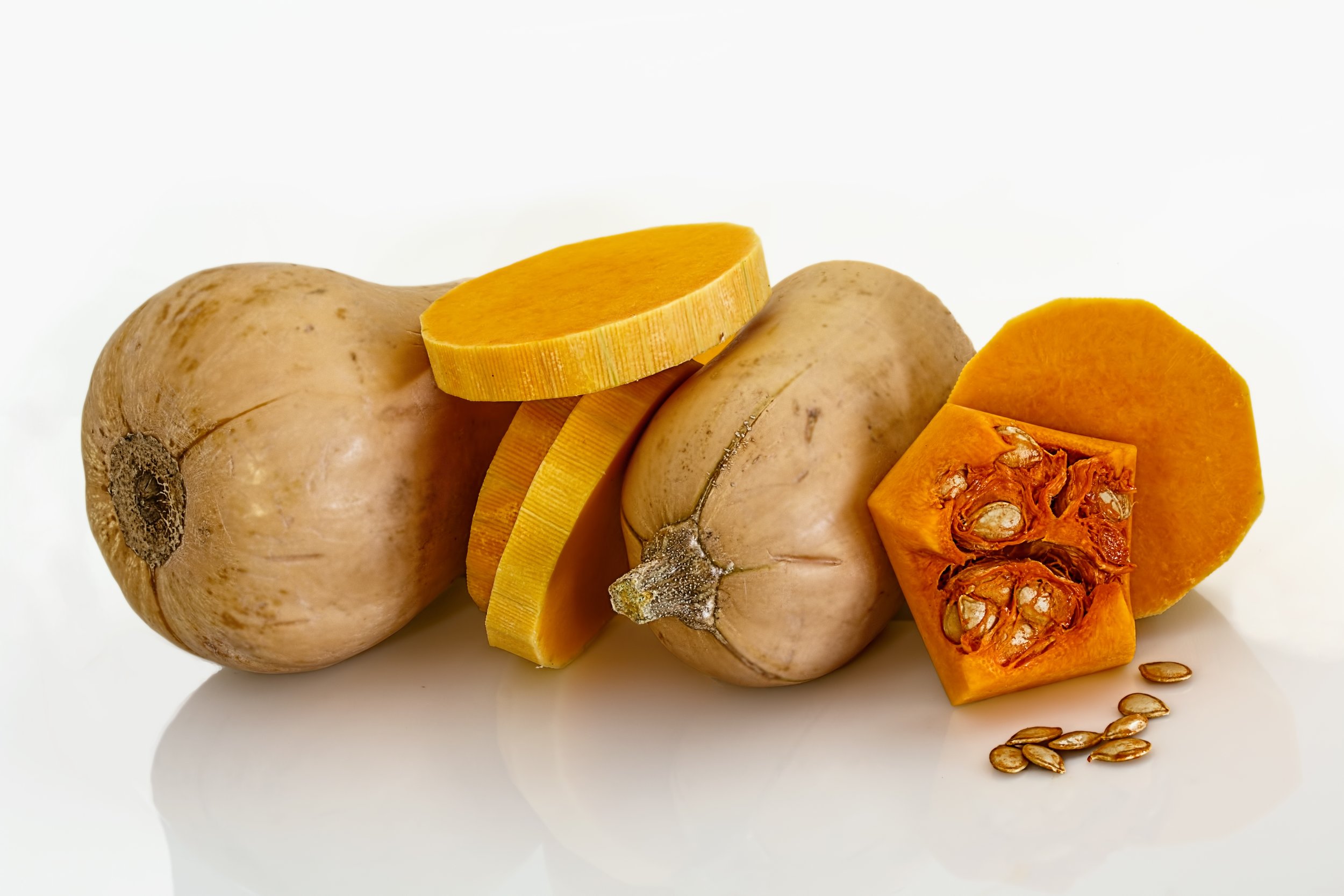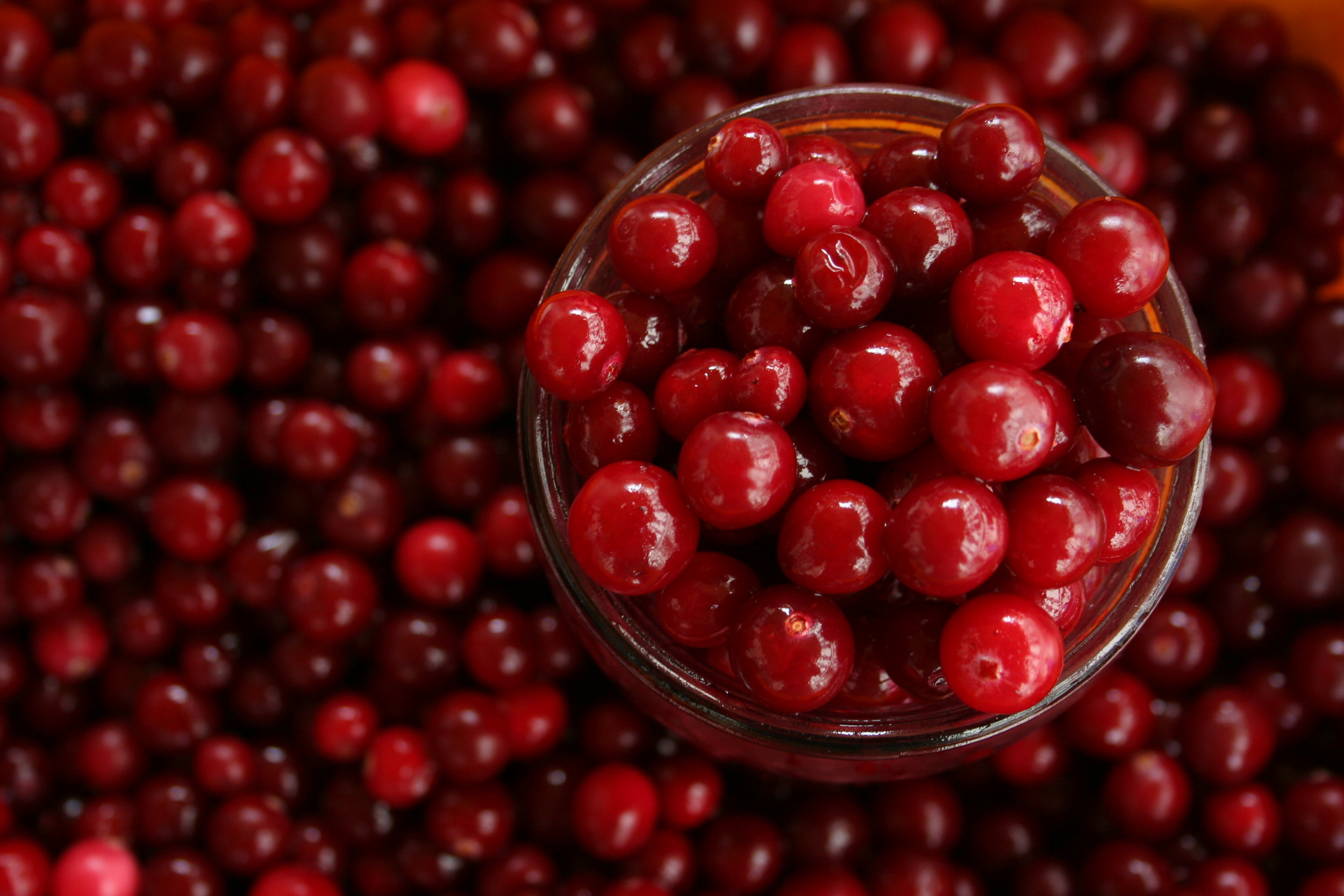I thought about how to honor Indigenous Americans during the Thanksgiving holiday. If I could, I would rewrite American History books to include accurate information about the various tribes of Indigenous peoples including which parts of America they originally inhabited and how they lived. I would also include accurate accounts of their dealings with European settlers and the American government. Someday, maybe I’ll get that opportunity, but today I can focus on the many contributions Indigenous peoples have made to society in the fields of science (astronomy, botany, zoology, and soil science), engineering and medicine.
Did you know one-third of the world’s most important economic crops are North American in Origin? When you sit down to your Thanksgiving feast, take a moment to appreciate the food on your plate. Corn, common brown beans, peanuts, potatoes, sweet potatoes, squash, avocados, cranberries, green beans, and cassava were all domesticated and cultivated in North or South America, and we all know who to thank for your main course - Indigenous Americans were the first to raise domesticated turkeys. Maple syrup, jerky, and chewing gum – yes, they thought of those first too.
If you wander outside this holiday season for some family fun and games, Indigenous Americans are credited with creating versions of tug of war, the canoe, lacrosse, American football (The Iroquoians), rubber balls, field hockey and ice hockey which they called “skinny,” and if you are a cowboy you should say thanks for the lasso (Lenape tribe).
Twenty-six states, countless American cities, Canada, and Mexico have names derived from Indigenous American words. Many of the words we use every day were first used by Indigenous peoples – barbeque, hammock, toboggan, hurricane, chipmunk and woodchuck.
On the practical side, think of bunk beds and umbrellas.
Indigenous peoples also had a sense of humor. The Lakota invented the first whoopee cushions out of animal bladders.
More than eight thousand Indigenous Americans volunteered and served during World War I and over 24,000 in World War II including the famous Navaho code talkers.
In medicine, Indigenous peoples used the bark of the willow tree to alleviate headaches. It contains salicylic acid which is aspirin. They also used coca, peyote, or Datura to dull pain or cause unconsciousness during surgery. Western medicine did not develop effective anesthesia until the mid-19th century.
Indigenous peoples created the first syringe, making a needle from bird bones, to inject medicine into the body.
The Potawatomi used the herb, dogbane as an oral contraceptive to prevent pregnancy.
Jim Thorpe at the 1912 Summer Olympics
Indigenous Americans have also left their marks as gifted athletes. Jim Thorpe won two Olympic gold medals and played professional football, baseball and basketball. Charlie Albert (Chippewa) played professional baseball. He pitched a no hitter and is credited for developing the “slider” pitch. He pitched in five World Series. Presently, there are eight Indigenous American players in the NHL. Among this list is Canadian born Carey Price (Ulkatcho First Nations) of the Montreal Canadiens, and TJ Oshie (Ojibwe) from the United States who plays for the Washington Capitals.
I could go on and on, but I think you get the idea. It’s time to rethink history and it’s time to throw away those horrible stereotypes from Hollywood westerns. Indigenous Americans deserve our thanks and our respect.






